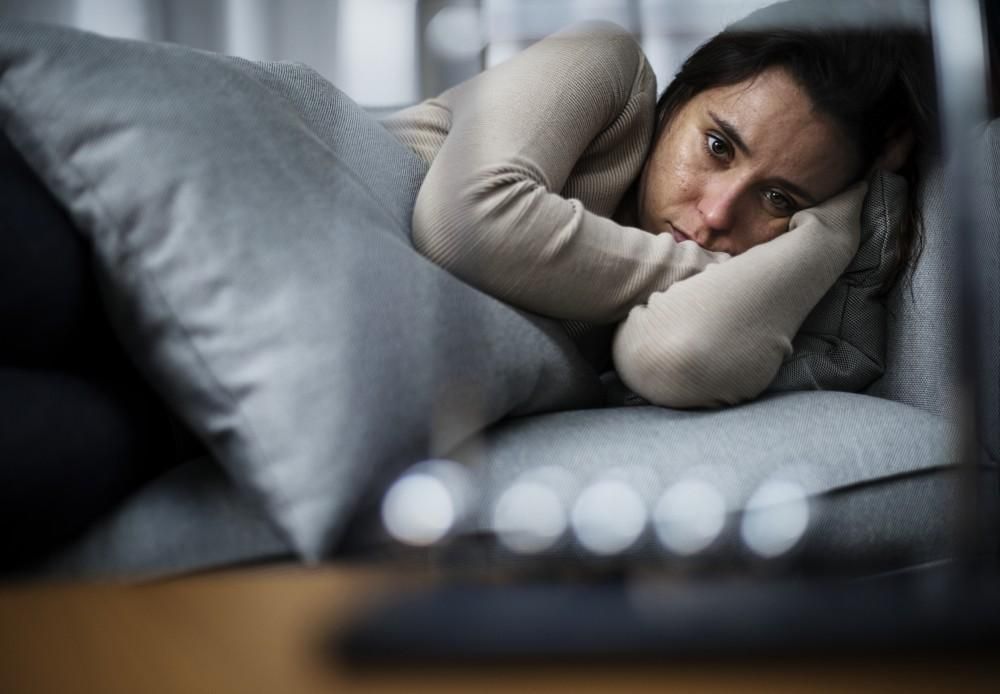Depression is a severe mental health problem affecting more than 16 million adults in the US annually, according to the CDC. Even though it’s so prevalent, it doesn’t make it any easier to accept that you’re living with a mental health problem.
If you’re embarrassed about admitting you’re depressed, the team at Carolina Wellness Psychiatry offers compassionate care and understanding regarding mental health issues.
Our team is led by three experts in mental health — Dr. Elizabeth Bullard, Dr. Allison Foroobar, and Dr. Sarah Gilbert, all of whom have experience treating depression.
Understanding depression
Depression is a mental health disorder that affects how you feel, think, and act. It’s more than just a feeling of sadness; it affects almost every aspect of your life.
When you’re depressed, you often lose interest in the activities you used to enjoy. You might feel an overwhelming sense of sadness and other emotional symptoms. Depression also affects your interpersonal relationships, work, and your social life.
If you have depression, you can experience a wide range of symptoms, with some of the most common symptoms being
- Irritability or frustration
- Sleeping too much or too little
- Changes in appetite
- Difficulty concentrating or making decisions
- Feeling worthless or guilty
- Unexplained bodily aches and pains
- Thoughts of self-harm
When you have depression, these symptoms may come and go or be relatively constant. They can last months to years, and, if not treated, they gradually worsen and make you more withdrawn from your everyday life.
Depression isn’t your fault
If you feel depressed and are embarrassed to talk about it, you’re certainly not alone. There’s always been a stigma surrounding mental health disorders like depression, making those with the condition afraid to speak up.
However, the first thing you have to remember is that depression isn’t your fault. It’s an actual medical problem that stems from activity (or loss of activity) in different areas of your brain.
For instance, if you have depression, you may suffer from lower-than-normal levels of specific neurotransmitters like dopamine, serotonin, and norepinephrine. The neurotransmitter deficiency can be responsible for many of your symptoms.
People who have depression also have other changes in their brains. The hippocampus, which controls memory, and the prefrontal cortices, which regulate emotions, are areas that shrink in size, leading to changes in thought and mood.
Learning more about depression helps you feel less embarrassed about the condition. It’s a medical problem just like high blood pressure and diabetes, which you typically would seek help for without hesitation.
Be kind to yourself
It’s easy to get down on yourself when you feel embarrassed about seeking help. However, how would you react if one of your close friends or family members were going through the same thing?
Self-care is often difficult, especially with depression. It’s hard to be kind to yourself with constant thoughts of guilt, worthlessness, and a negative self-image. However, that care is a crucial aspect of your treatment and recovery.
Take your depression one day at a time. Admit to yourself that you’re struggling with the condition, and learn to give yourself some grace while you heal.
Treat each day as a new opportunity to work on yourself and do something that makes you happy. Celebrate a small victory and reward yourself for little steps toward a healthier you.
When you can admit you need help, talking to our team about your treatment options is much easier.
Learn about your treatment options
Our team has years of experience treating various mental health issues like depression. We understand that you may be scared and embarrassed to admit you need help, but that’s why we’re here.
When you’re ready to discuss your feelings, our doors are open for you. We support you through every journey and provide various treatment options.
Learning about treatment options for depression is one of the ways to feel more comfortable speaking up when you need help. Many therapies are very successful in treating the symptoms of depression long-term.
Our treatments include cognitive behavioral therapy, medications, and ketamine therapy. We evaluate your symptoms and help you decide which treatment (or combination) is best for you.
If you have a hard time coming into our office, we also provide telepsychiatry to give you the option to talk without leaving the comfort of your own home.




